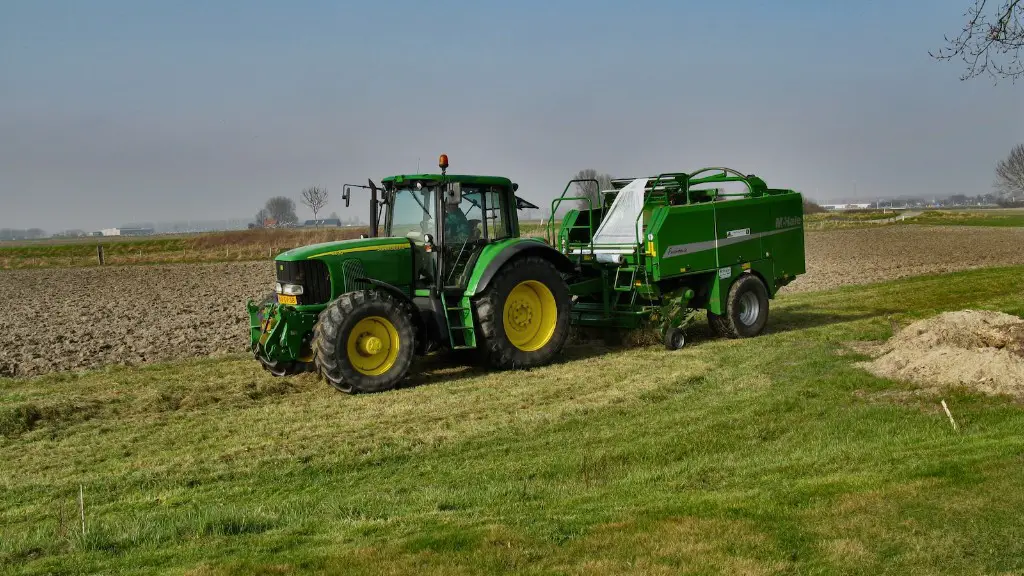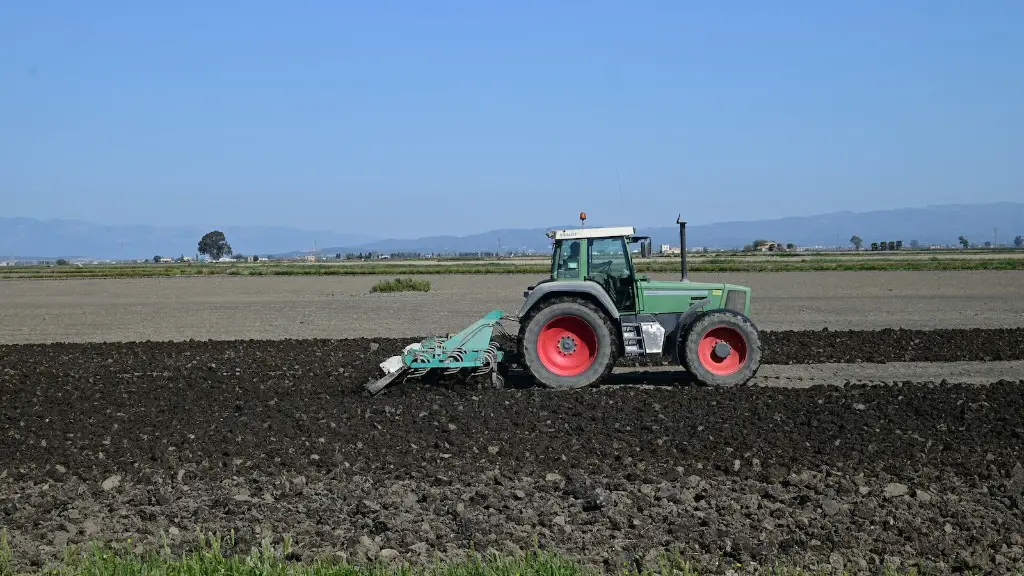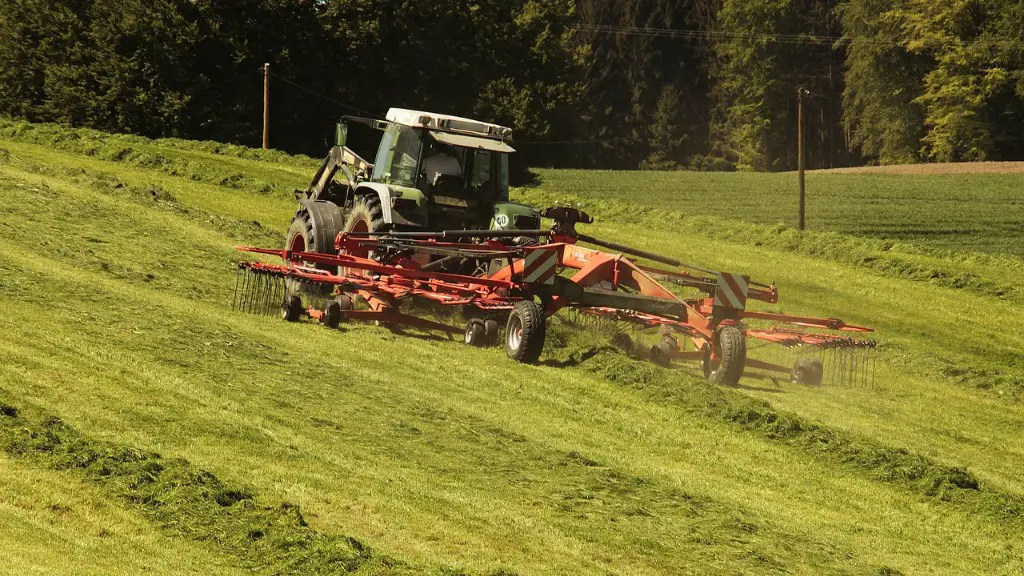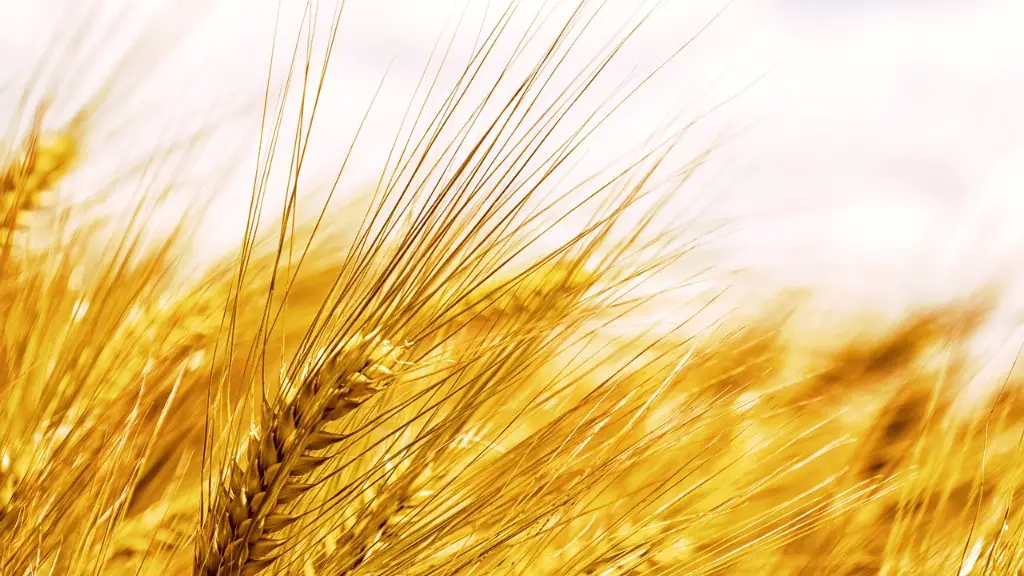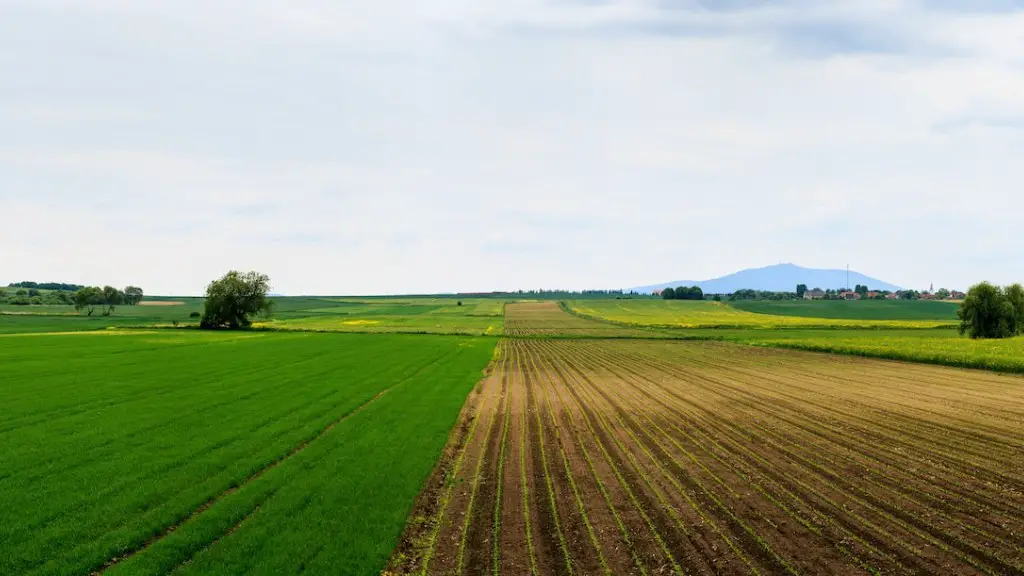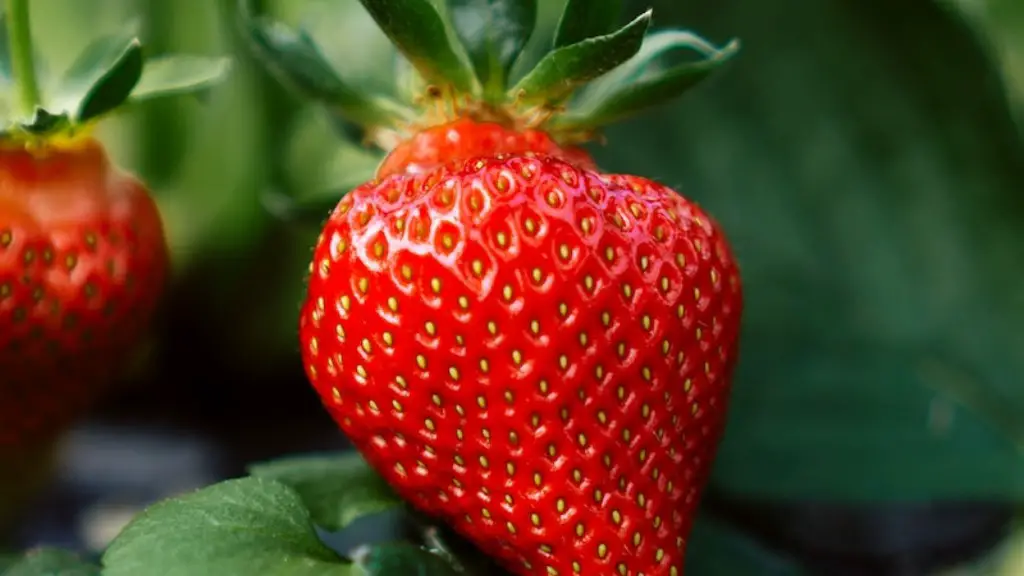Agriculture and horticulture are two different practices which involve cultivating land. Agriculture is the practice of growing crops and raising livestock, while horticulture is the practice of growing fruits and vegetables. So, what is the difference between them? And is one better than the other?
Agriculture involves growing and harvesting cereal grains, legumes, forage, and oil crops. This practice is an important part of our food security and is essential for feeding the world population. Farmers often use advanced technology such as irrigation systems and fertilizers to maximize their crop yields. Agriculture also plays a role in the production of textiles, as fibers like cotton and jute are grown and harvested.
Horticulture, on the other hand, mainly involves the growing of plants, such as fruits, vegetables, and flowers. This type of farming requires more delicate care, as many delicate fruits and vegetables are grown in the open, instead of in a protected environment like a greenhouse. It takes more knowledge to properly care for these plants, and this knowledge can be passed down through generations of farmers. Horticulture is important for providing the public with fresh produce and other plant-based products.
It is hard to say which of these practices is preferable, as both are important for different reasons. Agriculture is important for providing us with reliable food sources, while horticulture can be an enjoyable and rewarding way to produce food. Each type of farming has its own unique benefits, and both are essential for maintaining the global food supply chain.
Both agriculture and horticulture require a diverse range of skills, from planting and crop management to harvesting and marketing. There are also many different types of farming, such as organic and conventional farming, which each have their own set of challenges. Ultimately, it is up to the individual farmer to decide which type of farming is best suited to their needs and goals.
In conclusion, there is no clear answer as to which practice is better, as both have their own unique benefits. Farmers can choose between the two practices depending on their needs and goals. Both require a lot of hard work, but with the right knowledge and resources, farmers can have successful agricultural or horticultural careers.
History of Agriculture and Horticulture
Agriculture and horticulture both have long histories, and together have shaped the development of our current food system. Agriculture has been practiced for centuries, with evidence of early farming activities dating back to at least 11,000 BCE. Over the course of this practice, a range of techniques have been developed to improve crop yields, increase efficiency and reduce labor. Similarly, horticulture has been practiced for many centuries and has evolved to become increasingly sophisticated, with a range of technologies developed to improve crop productivity.
Both practices have had a huge impact on our society, from the way we produce food to the way it is consumed. Agriculture has enabled us to produce food in large quantities and on a massive scale, while horticulture has enabled us to explore a range of fruits and vegetables of different flavors and textures. Both practices have also had a significant impact on the environment, with farming techniques like monocropping contributing to soil degradation and biodiversity loss.
The development of agriculture and horticulture has been heavily influenced by the cultural, social, political and economic contexts in which they take place. For example, the introduction of new technologies, such as chemical fertilizers and machines, has drastically changed the way in which food is produced and consumed. Similarly, the development of international trade has allowed for the exchange of different technological advances, which has expanded the possibilities of how we produce, transport, and consume food.
Overall, agriculture and horticulture have both had a major influence on the development of our food system, and have shaped the way we produce and consume food today. As the global population continues to grow, it is more important than ever to develop sustainable and efficient agricultural and horticultural practices that can provide us with the food we need in a sustainable way.
Plant Nutrition in Agriculture and Horticulture
Plant nutrition is an important component of both agriculture and horticulture, as it is essential for plant growth and development. In general, plants require a range of essential nutrients, including nitrogen, phosphorus, potassium, calcium, magnesium, sulfur, and trace elements. Different plants require different combinations of nutrients, and it is important for farmers and gardeners to understand this in order to maximize the yield of their crops.
In agriculture, a range of fertilizers are used to provide these essential nutrients to the soil. These fertilizers vary in composition, and it is important to use the right type of fertilizer for the crop being grown. Synthetic fertilizers are commonly used in conventional agriculture, while organic fertilizers are often used in organic farming. It is also important to use the right amount of fertilizer, as too much can lead to nutrient imbalances and environmental damage.
In horticulture, it is also important to provide adequate nutrition to the soil. However, horticultural growing techniques often involve growing plants in raised beds or planters, and therefore require different fertilization techniques. Organic fertilizers, such as compost and manures, are often used in horticulture, but it is important to understand the required nutrient content for each type of plant. In organic horticulture, it is also important to consider the use of organic pesticides and pest control methods.
Overall, it is important to consider plant nutrition when practicing both agriculture and horticulture. Understanding the nutrient requirements of plants is essential for maximizing crop yields, and using the right type of fertilizer and pest control methods is essential for sustainable farming practices.
Combatting Issues in Agriculture and Horticulture
Agriculture and horticulture are both essential practices for providing the global population with food, and as such, it is important to ensure that they are sustainable practices. Unfortunately, both practices face a number of environmental and social issues that need to be addressed in order to ensure their sustainability. These issues include soil degradation, water scarcity, and food insecurity.
In agriculture, a range of sustainable practices have been developed to tackle these issues. These include sustainable intensification, which aims to maximize crop yields while minimizing environmental impacts, and agroecology, which incorporates a range of ecological processes into agricultural production systems. In addition, organic farming, which emphasizes the use of organic inputs and pest control methods, is an increasingly popular form of sustainable agriculture.
In horticulture, similar sustainable practices have been developed. Permaculture is a type of horticultural practice that focuses on creating sustainable and regenerative gardening systems. This is done by incorporating a range of plant and animal species into the garden system, and using organic and natural pest control methods. As well as this, hydroponic gardening and aquaponics involve growing plants in water-based systems, and are becoming increasingly popular due to their water-efficiency.
Overall, there are a range of practices that can be used to combat the environmental and social issues faced by agriculture and horticulture. It is important to ensure that these practices are adopted in order to ensure the sustainability of the food system.
The Future of Agriculture and Horticulture
The future of agriculture and horticulture will be heavily influenced by the current trends in food consumption, technological advances, and environmental developments. In particular, consumer preferences are shifting towards organic and sustainable farming practices, which is likely to have a major impact on both agriculture and horticulture. In addition, the development of new technologies, such as autonomous tractors and soil sensors, is paving the way for more efficient and effective farming practices.
In terms of environmental developments, climate change is likely to have a major impact on agricultural and horticultural practices. Changes in temperature, rainfall, and other climatic conditions are likely to result in a range of issues, such as water scarcity and soil degradation. These issues will need to be addressed in order to ensure the sustainability of agricultural and horticultural practices.
Overall, the future of agriculture and horticulture is uncertain, but it is likely that the shift towards organic and sustainable farming practices will continue. It is important to ensure that these practices are implemented in order to ensure the sustainability of the global food system.
